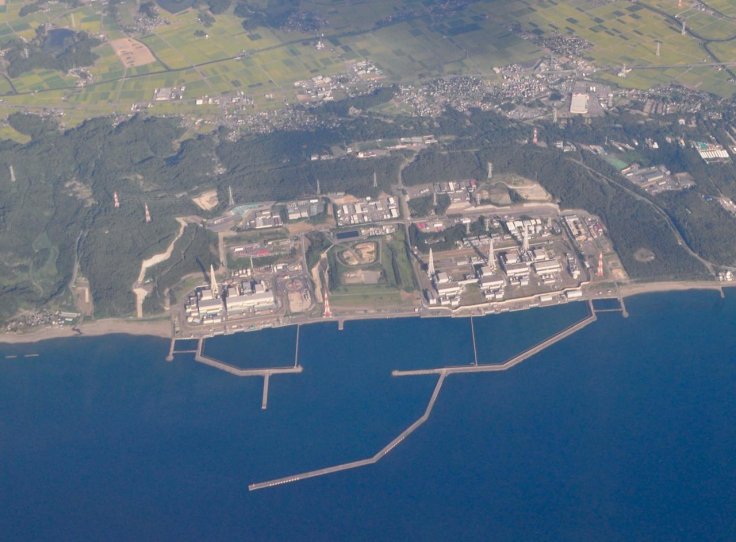
The International Atomic Energy Agency (IAEA) recently completed a comprehensive assessment of the physical protection measures at the Kashiwazaki-Kariwa nuclear power station (KKNPS) in Japan. This assessment, conducted at the request of Tokyo Electric Power Company (TEPCO), aimed to evaluate the enhancement of security measures at Japan's largest nuclear facility, which houses seven reactors.
The IAEA's team of experts, comprising professionals from Finland, the United Kingdom, and the United States, reviewed the physical protection system at the KKNPS. Their evaluation encompassed measures against potential threats outlined in international agreements, including the Convention on the Physical Protection of Nuclear Material. The team commended the management's dedication to improving nuclear security and noted significant enhancements since their last assessment in 2018.
Enhancing nuclear security is a multifaceted endeavor that demands continuous improvement and adhering to a robust regulatory framework - the 2005 Amendment to the Convention on the Physical Protection of Nuclear Material. The responsibility for nuclear security lies with the state, and Japan's collaboration with the IAEA underscores its proactive approach to enhancing security measures.
TEPCO, as the operator of the KKNPS, has pledged to implement the recommendations provided by the IAEA experts. The continuous improvement efforts extend to addressing internal threats and bolstering intrusion detection systems.
The reopening of the Kashiwazaki-Kariwa nuclear power plant signifies a significant step in Japan's energy strategy. However, it is imperative to garner local support for such initiatives. Japan's industry minister, Ken Saito, has actively sought the endorsement of local authorities, recognizing the importance of community trust in nuclear operations. Addressing concerns and maintaining transparent communication with local residents are paramount in fostering public confidence in nuclear energy projects.
The Kashiwazaki-Kariwa nuclear power plant's reopening aligns with Japan's broader objectives of diversifying its energy sources while reducing its carbon footprint. Nuclear energy plays a crucial role in achieving these objectives by providing a reliable and low-carbon source of electricity. As Japan navigates its energy transition, ensuring the safety and security of its nuclear facilities remains a top priority.
Disclaimer: IBT does not endorse the above content









